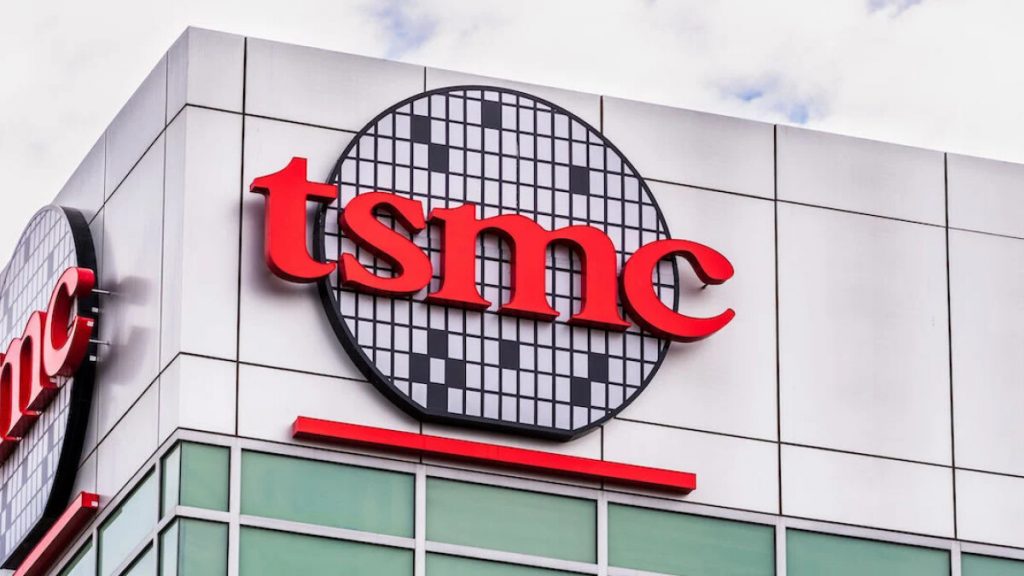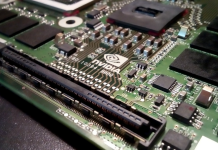TSMC, the powerhouse behind Apple’s 3nm A17 Pro chips, is reportedly facing a hurdle in its next step toward chip miniaturization. A recent report suggests that the chip foundry’s highly anticipated 2nm chips might be delayed until 2026, despite initial promises of a 2025 launch.
Samsung also plans to launch its 2nm chips in 2025
The move to 2nm is crucial for TSMC as it plans to transition from FinFET transistors to Gate-all-around (GAA) technology, aiming for lower energy consumption and better performance. This innovation will make TSMC competitive against Samsung Foundry, which already uses GAA in its 3nm node.

However, the delay could give its rivals a head start. Intel, which plans to introduce its Power Via technology next year, could potentially take process leadership by 2025 with its 18A node (1.8nm). Meanwhile, Samsung Foundry is on track to launch its 2nm chips in 2025 and even has plans to begin 1.4nm production in 2027.
One of the reasons for TSMC’s delay is said to be the slowdown in the semiconductor market, affecting the construction timeline of a vital facility in Hsinchu Baosha, Taiwan. TSMC has denied the accuracy of these reports, likely feeling the pressure as competitors ramp up their plans.
While TSMC had a smooth ride with the introduction of 3nm chips, mainly thanks to a sweetheart deal with Apple, this delay could potentially change the dynamics of the chip market. TSMC needs to catch up, and fast, to stay in the race with Samsung and Intel, who are not showing signs of slowing down. This delay may mold the chip industry a bit, redistributing the power balance among TSMC, Intel, and Samsung. As for consumers, any delays in TSMC’s 2nm chip production could influence the specs of future tech gadgets, from smartphones to autonomous vehicles
RELATED:
- Qualcomm to use TSMC’s N3E process next year alongside MediaTek, Won’t switch to Samsung
- MediaTek announces its first Dimensity chipset using TSMC’s 3nm process
- Best compact smartphones 2023 – Pixel 6a, iPhone SE, Sony Xperia 5 V and more
(Via)






